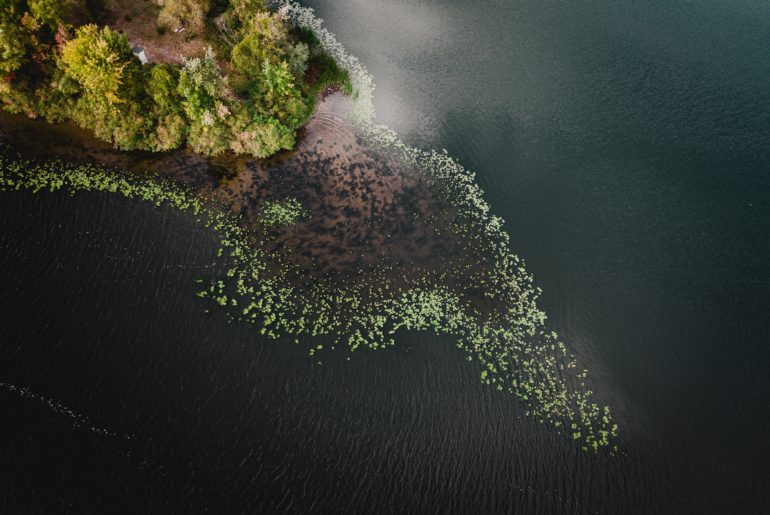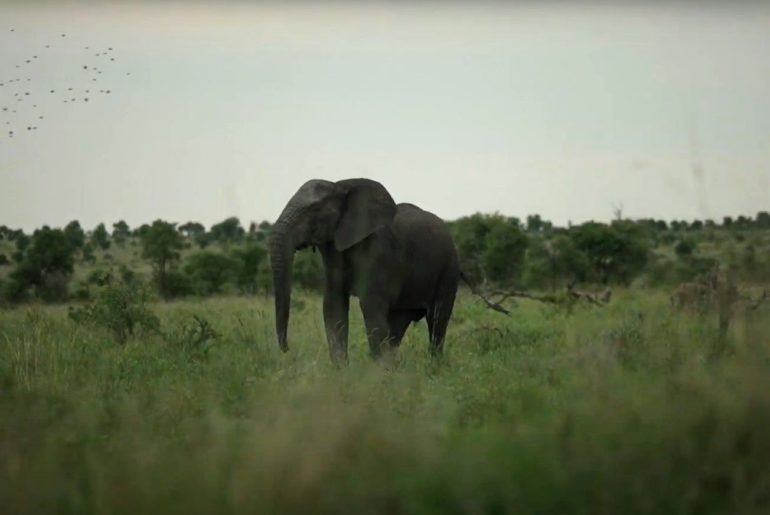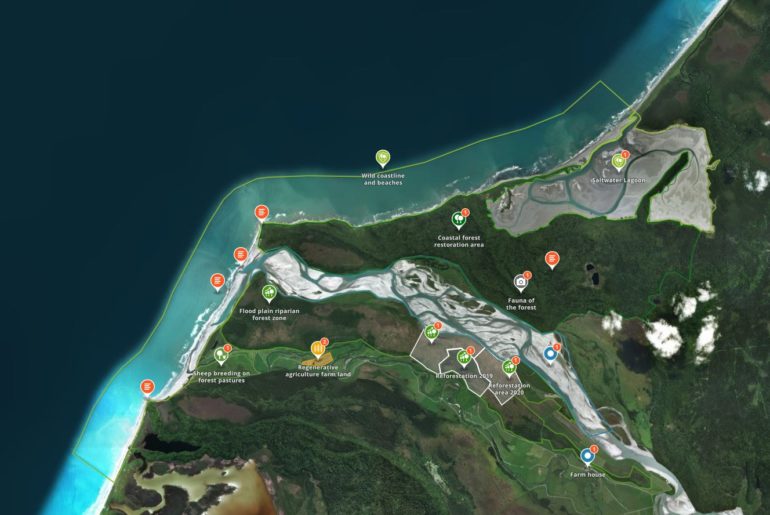Don’t pitch people against each other or demonize one party. Instead, show how you are fostering collaboration towards a positive outcome.
If you intend to make a positive change and want to be inclusive to as many people as possible, try to focus on bridging the gaps between stakeholder groups.
Today, our communication is characterized by polarization and war narratives which have been carried into our civil language. By using terms like War on Poverty and Hunger, War on Drugs, War on Prostitution, and also War on Climate Change, we often oversimplify the causes.
You can be either my friend or the enemy. Transferred to complex problems like climate change you can only be a climate fundamentalist or a climate denier.
By sacrificing everything for urgent action on climate change mitigation, we close the door for dialogue, and this has not been very successful so far. We need to integrate as many as possible to support a movement that helps to restore and stabilize our beautiful ecosystems and their valuable services.
Take away:
- Try to frame your stories in a way that they are not excluding particular groups from the dialogue.
If you want to read the full “Story Guide for Landscape Projects” please download it at the following link.
Photo by Daniel Schwen [CC BY-SA 4.0], via Wikimedia Commons




